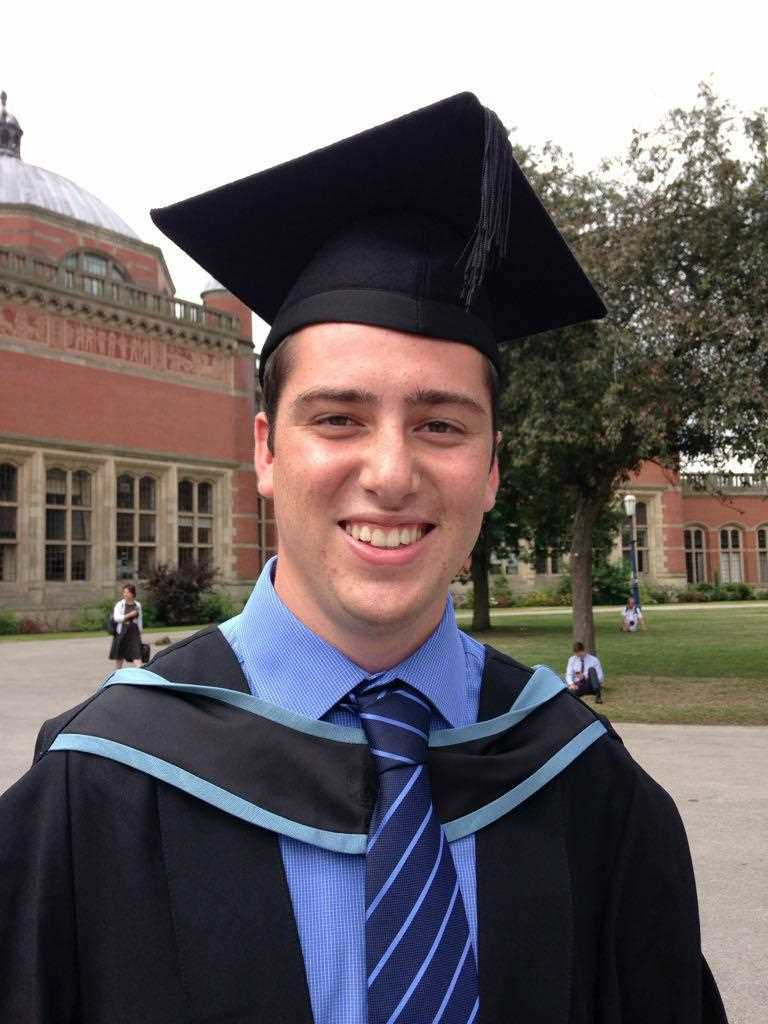My research interests lie within the broad field of Political Theory/Political Philosophy. I am interested in the concepts of morality, justice, citizenship and democracy. My research looks specifically at the United Kingdom’s decision to leave the European Union back in 2016 which poses not just political questions but also theoretical and philosophical questions too.
Questions that I am looking at include:
1. To what extent and in what ways can democratic will and the common good conflict with one-another in a democratic state?
2. Assuming that such conflicts are possible, how should we adjudicate between opposing claims?
a. Must the outcomes of democratic votes always trump other considerations?
b. If so, then how should democracies manage the possibility of decisions that are at odds with the public interest? For instance, can democracies be reformed in order to minimize the possibility of such clashes (e.g. through constitutional reform or civic education or through laws curbing misuse of media)?
c. If not, then in what circumstances and by what measures might democracies be able to challenge, mitigate, or overturn democratic decisions? Can economic values ever trump democratic decisions? And what about other values? In particular, what if democratic decisions now threaten the survival of democratic institutions on the long run? And what if democratic decisions are in tension with the values of civil liberty and other human rights?
These questions take us right to the heart of the contemporary commitment to democratic politics and force us to weigh the value of democratic decision-making against other core value commitments. Answering them will require careful consideration both of philosophical questions concerning values and more technical questions concerning the constitutional, educational, and other instruments that might mitigate such conflicts. And this will, in turn, help shed light on historical cases where democratic decisions (appear to) pose such problems such as the Brexit referendum.
I am proud to have the fantastic support and supervision of both Professor Christopher Finlay and Dr Maria Dimova-Cookson both within SGIA at Durham University.


